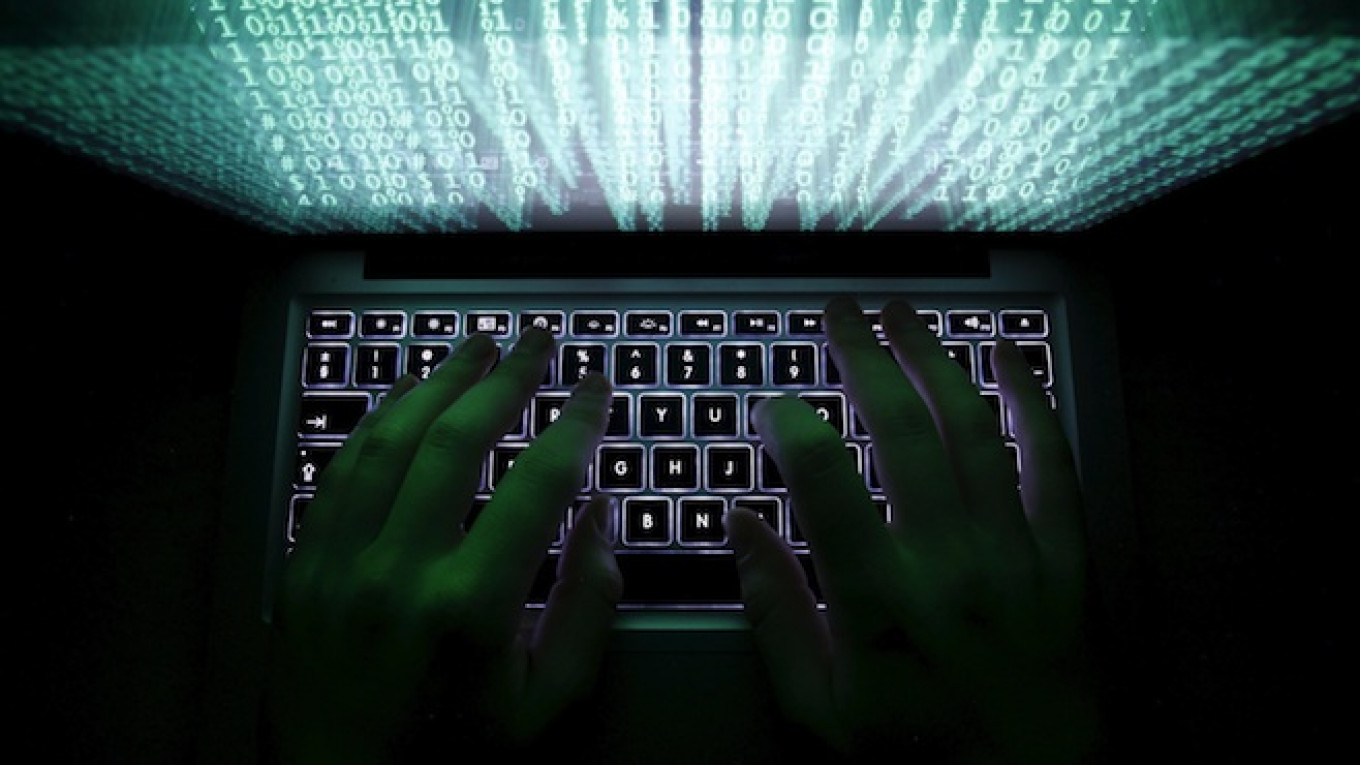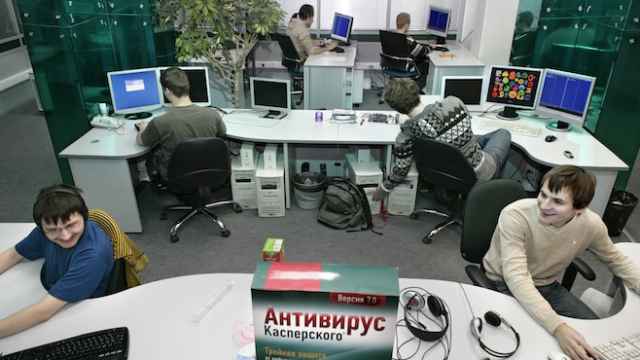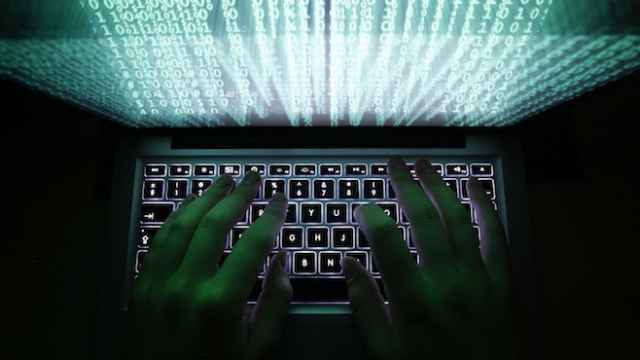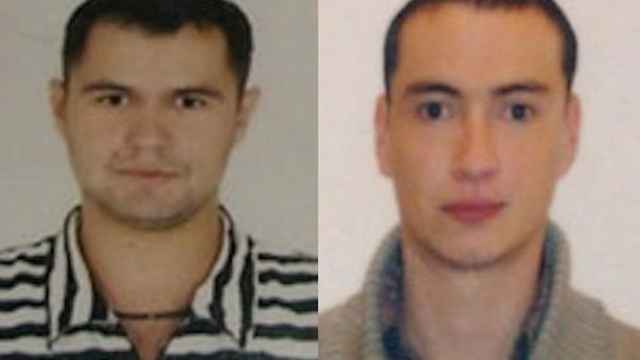BRUSSELS — U.S. Defense Secretary Ash Carter has urged NATO allies to strengthen their cyber defenses, a senior U.S. defense official said, citing an advanced threat from Russia.
Cyber vulnerabilities within NATO have come into focus following Russia's annexation of Crimea last year, which raised concerns about unconventional warfare techniques that can range from use of unidentified troops to information campaigns.
A major cyber attack on a NATO member by any adversary could trigger a collective response by the alliance, perhaps extending beyond cyberspace.
"In his message today, [Carter] underscored the importance of cyber defense — both of NATO networks and critical infrastructure," the official said Wednesday, speaking on condition of anonymity, adding that many NATO members were vulnerable.
Carter said ensuring a strong cyber defense was more important than developing offensive capabilities, according to the official.
Estonian Experience
The United States in April disclosed a cyber intrusion this year by Russian hackers it said had accessed an unclassified U.S. military network. The Pentagon's new cyber strategy document singles out Russian cyber actors for their stealth.
Carter, during a trip to Estonia, announced Tuesday a new U.S. initiative meant to bolster NATO members' defenses. The effort would be coordinated through an Estonia-based, NATO-accredited cyber center and would include planning to better protect critical infrastructure.
Estonia, which borders Russia, is acutely aware of the cyber challenge. When the ex-Soviet Baltic state fell victim to a cyber attack in 2007 and blamed Moscow, the Kremlin responded that it could not always control patriotic Russian hackers.
"You absolutely should look at what the secretary announced through the lens of trying to deter Russia and bolster the resilience of NATO partner nations. The Russians are very good at cyber," the defense official said.
Carter's plan involves bolstering the role of NATO's Cooperative Cyber Defense Center of Excellence in Estonia and working with it to help allies develop cyber defense strategies.
"We want to have the center of excellence become less academic and less like a think tank and more active and involved in doing real things," the official said, noting past efforts in the Gulf and east Asia.
A Message from The Moscow Times:
Dear readers,
We are facing unprecedented challenges. Russia's Prosecutor General's Office has designated The Moscow Times as an "undesirable" organization, criminalizing our work and putting our staff at risk of prosecution. This follows our earlier unjust labeling as a "foreign agent."
These actions are direct attempts to silence independent journalism in Russia. The authorities claim our work "discredits the decisions of the Russian leadership." We see things differently: we strive to provide accurate, unbiased reporting on Russia.
We, the journalists of The Moscow Times, refuse to be silenced. But to continue our work, we need your help.
Your support, no matter how small, makes a world of difference. If you can, please support us monthly starting from just $2. It's quick to set up, and every contribution makes a significant impact.
By supporting The Moscow Times, you're defending open, independent journalism in the face of repression. Thank you for standing with us.
Remind me later.






